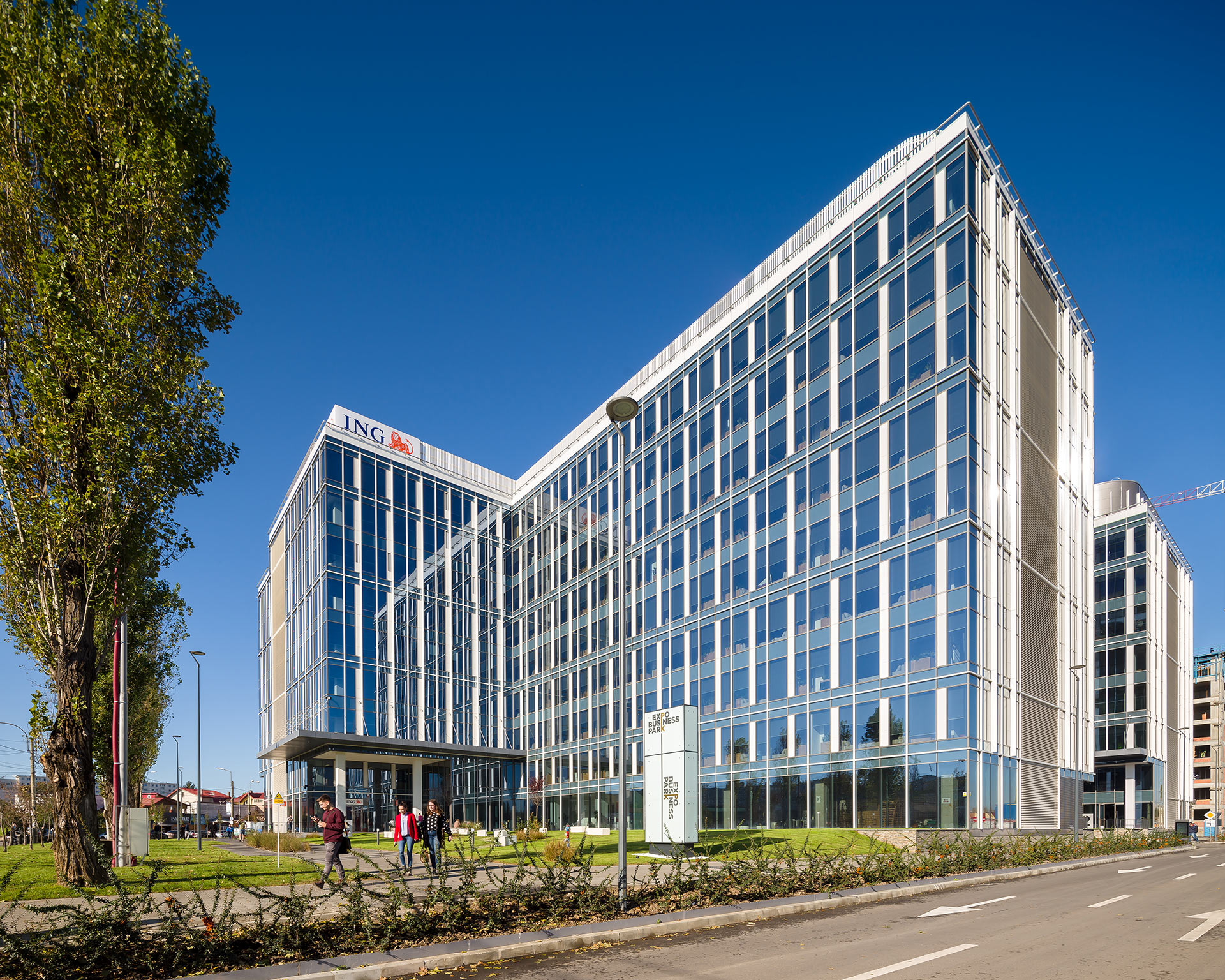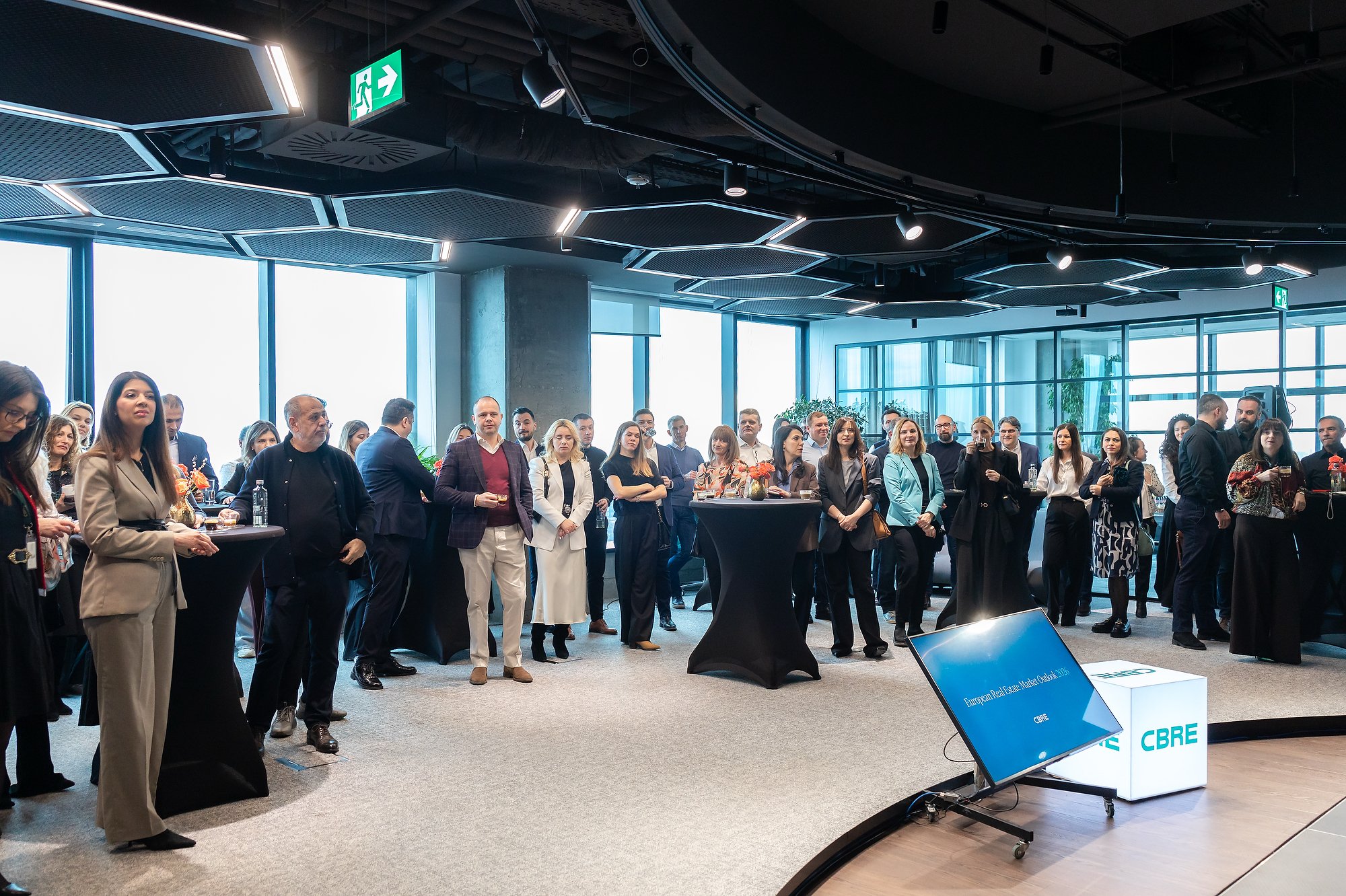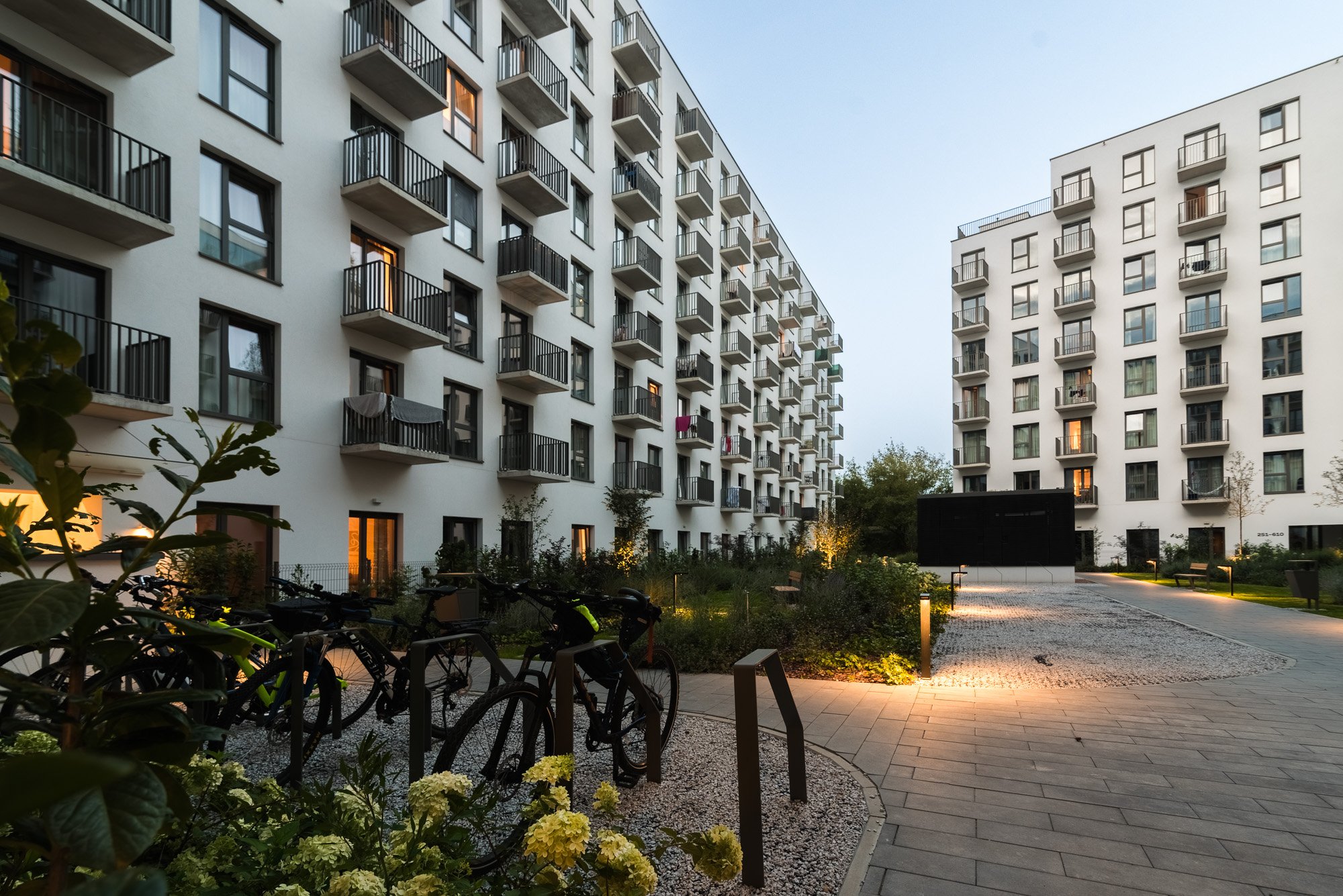According to the latest panel on the impacts of COVID-19 on the region’s real estate markets, organised by EuropaProperty and sponsored by Invest4SEE and New Work Offices, experts agreed that there is no short-term fix, and any potential recovery is difficult to predict. However, this perfect storm of events could be the engine for innovation and positive change.
“We are witnessing an acceleration of trends,” commented Perry Zizzi from Dentons. “One of those is the increase in e-commerce. I also think there will be more urban logistics, especially in large-populated cities. Other innovations include Ghost Kitchens, which are also on the horizon. Working from home is a growing trend as a result of the lockdown from the Coronavirus, which may lead to different office requirements in the future. As a result, we could witness the development of larger residential options, for example.”
All the panellists agreed that the lockdown is impacting the sectors of the real estate industry differently.
“The crisis is affecting the logistics and industrial sectors in two-ways,” commented Oliver Schenk from Invest4SEE. “There is a clear slowdown in demand on the industrial side and high-demand on the logistics side. I see a lot of logistic development in urban areas as a result. By the end of the year, we predict a positive outlook, however, with lower leverages. There is a lot of conservatism on bank financing at the moment. We will see a lot of new opportunities for opportunistic investors.”
Regarding the office market, Hubert Abt, CEO and Principal at New Work Offices, explained, Companies will need to reorganize their working structure as well as the work environment. The co-working office format will not be able to continue going forwards. For example, 50 percent shortfalls in rent collections are being recorded globally, a lot of SMEs will go out of business. However, flex will be king, no one will sign a long-term liability now. Flex will grow as a consequence; it will be a game-changer in office leasing overnight. In my opinion, large companies will keep as much of their workforce at home, space in the cloud is coming.”
On the investment side, Lori Collin from Lion’s Head Invest, commented, “We are focusing on our income-producing office buildings. Office investments are a safe bet at the moment when compared to retail or hotels, for example. We are happy with our portfolio. We are in a strong position in terms of the quality of buildings and tenants. What we have seen more is a focus on what will happen after the crisis. Maybe in mid-May, the strict emergency lockdown is set to be lifted. This should happen in phases. We are in discussion with our tenants on how they see their requirements moving forwards (maybe need less space) when re-entering the office buildings. However, they might need more space because of social-distancing. This is a new situation for everyone – the dialogue between all parties is the most important at the moment.”
Updating the participants on the struggling retail sector, Doinita Ilie from Colosseum Mall, said: “We are in the middle of developing a new mall of 55,000 sqm GLA. We started the year with almost 90 percent of the space preleased, fashion tenants mainly. As everyone can imagine we are very busy at the moment with existing tenants. We are in constant dialogue with them about discounts on rents, we discuss each case one-by-one. We have a very good understanding with our tenants, they are good quality tenants. However, service charges must be paid but maybe we can postpone some rents. We are trying to secure as much income as possible for this period.”
Regarding the extension and new construction, she added, “We haven’t stopped, the construction stage is quite advanced. It’s very challenging at the moment because we are at the mercy of our government. We have to be forward-thinking. I’m confident that the recovery will not be difficult. However, I’m not sure it will be quick. I think 3-6 months maximum for recovery. Why? We had a strong consumer market before this crisis. Nobody is shutting down their plans yet they are just slowing down. Consumers will still buy. People will not be under lockdown forever; everything will start moving forwards very quick when the lockdown is lifted.”
From the service industry side, Thomas Mark from MK Illumination, a festive decorations company, added: “There are a lot of challenges at the moment. There is a lot of different legislation and regulations throughout Western and Eastern Europe to try and get through, we are trying to find a good solution to survive. Our biggest problem is that we have a lot of costs and no income so we are trying to manage this and reduce spending where possible. However, the situation in Austria is improving slightly, and we can see some light at the end of the tunnel.”
He continued, “In business conversations, most people are saying that the end of the year will be the most important time. Everybody is looking at the end of the season. People will invest more to entice people back into shopping centres. We are hoping for a good end of the year. I’m very optimistic, consuming will still go on.”
The panel concluded by pointing out that the easing of the lockdown and this stop-start approach to containing the virus is no good for anyone. However, they all agreed that when the recovery starts it will be relatively strong.
Commenting on potential end scenarios, Perry Zizzi, said: “The Czech Republic is leading the way at the moment. The biggest problem is that there is no end game to all this. Romania, for example, hasn’t set any plan, we are at the mercy of our leaders. The lockdown has been extended again. We should look to the examples being set by the Czech Republic and Austria; they are signposts as to how this might play out in the best-case scenario. Without an end game and exit, developers and investors are taking it slow.”







